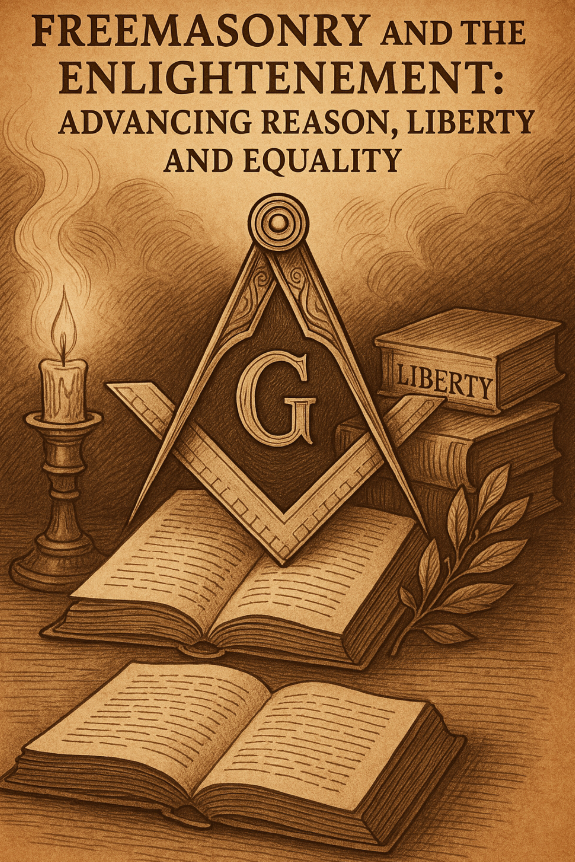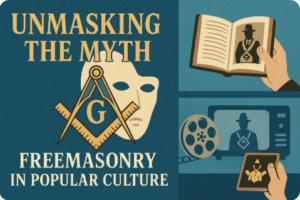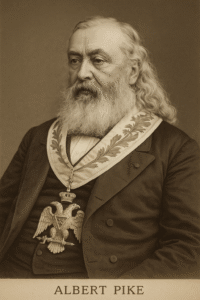
Imagine if you will……………….
Imagine you were living in the 17th and 18th centuries. A time when there was no internet, cellular service, electricity, and the best way to read at night was with the use of multiple hand-crafted candles strategically placed around a reading room. Now, imagine during this time, printed books are rare and expensive. Imagine you are lucky enough to afford the works of René Descartes, Thomas Hobbes, Baruch Spinoza, and Francis Bacon. Reading from these philosophers and other works consumes most of your waking hours. After some deep contemplation, you can now extract a theoretical concept from these books. Your reflections are not in vain; you find, after having mulled over in your mind for years, a working thesis designed to hopefully catch a spark of interest from the populace that will contribute to a new movement that is revolutionary and salient enough to improve mankind’s existence. More importantly, your ideas are the catalyst that drives a change in society, education, and the political system you currently live in by appealing to reason. The premise of your thesis is rooted in intellect, rationality, and the concept of equality. Your ideas synthesize historical philosophical concepts into a unified principle. Your ideas are a fundamental shift in society. Imagine if your new movement became the core principle of morality and ethics of Freemasonry. Finally, your ideas have become an intellectual movement that has lasted for nearly 100 years! What could this intellectual movement be? It was titled The Age of Enlightenment.
What was the Age of Enlightenment about?
It challenged long-standing customs and promoted principles that still influence contemporary society; it ushered in an era of intellectual advancement. These Enlightenment ideals, especially equality, liberty, and reason, were fostered in large part by Freemasonry, a fraternal organization with strong philosophical roots.
Encouraging Knowledge and Reason
Enlightenment intellectuals held that moral advancement and truth could be attained by humanity via reason and critical investigation. By promoting education, independent thought, and the quest for knowledge, Freemasonry embraced these ideals. Masonic lodges functioned as gathering spots for men from various backgrounds to have frank conversations that were driven by reason rather than force or doctrine. This focus on intellectual growth aided in the dissemination of philosophical discussion and scientific thinking throughout Europe and beyond.
Enlightenment philosophy also placed a strong emphasis on promoting liberty, including political, religious, and personal liberty. Masonic teachings upheld these principles by opposing authoritarian control over thought and belief and advocating for individual freedom of conscience. Freemasonry encouraged tolerance and respect between people of different faiths and social classes by promoting the idea that everyone has the right to pursue the truth on their own.
Maintaining Equality
Freemasonry provided a vision of brotherhood founded on moral character rather than birth or privilege during a period when strict social hierarchies predominated. Members gathered inside the lodge on the “level,” signifying that all brethren were equal regardless of wealth or position. This idea mirrored the Enlightenment’s larger movement to acknowledge each person’s inherent worth and rights.
A Common Heritage
Both Freemasonry and the Enlightenment promoted the principles of equality, liberty, and reason, which have had a profound impact on contemporary democracies. Freemasons helped to bridge the intellectual and fraternal worlds by being prominent members of the Enlightenment, including philosophers, scientists, and political leaders. Collectively, they contributed to the establishment of principles that still govern public life today.
Therefore, Freemasonry is not only a fraternal order but also a historical force that echoed and strengthened the Enlightenment’s transformative ideals. By doing this, it helped to create a world that is more reasonable and just through reason and equality.
Modern Reflections
The legacy of the Enlightenment is still being carried on today by Freemasonry. Lodges continue to be forums for deliberate discussion where men come together to uphold morality and reason in the face of contemporary issues as well as to preserve long-standing customs. Echoing the intellectual spirit that shaped the Enlightenment centuries ago, the pursuit of truth via study and reflection remains at the heart of Masonic life.
Freemasonry’s Role in Shaping Societies
Freemasons have participated actively in campaigns to advance equality and liberty throughout history. Masons have worked to promote social progress in a variety of ways, from supporting charitable and educational endeavors to contributing to the philosophical underpinnings of democratic governance. Masonic lodges have long fostered ideals that are reflected in many Enlightenment-inspired reforms, such as universal human rights and constitutional government.
The Ongoing Call to Enlightenment
According to Freemasonry, enlightenment is a continuous individual and group journey rather than just a historical period. Every Mason is urged to pursue wisdom, defend the rule of law, and treat everyone equally and with dignity. These timeless values serve as a reminder that the pursuit of equality, liberty, and reason must be renewed in every generation.
We carry on this illustrious tradition as lodge members today. We honor the Enlightenment thinkers who shaped our world and the enduring Masonic commitment to improving good men by living up to these ideals in our daily lives and community service.

